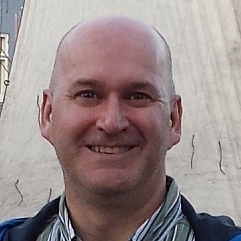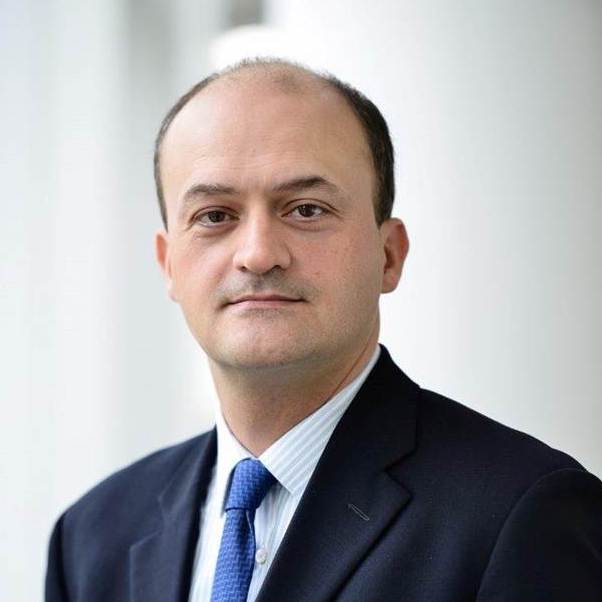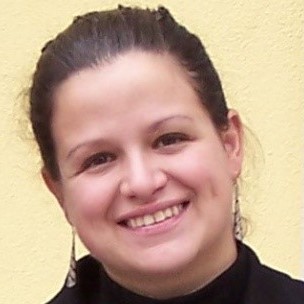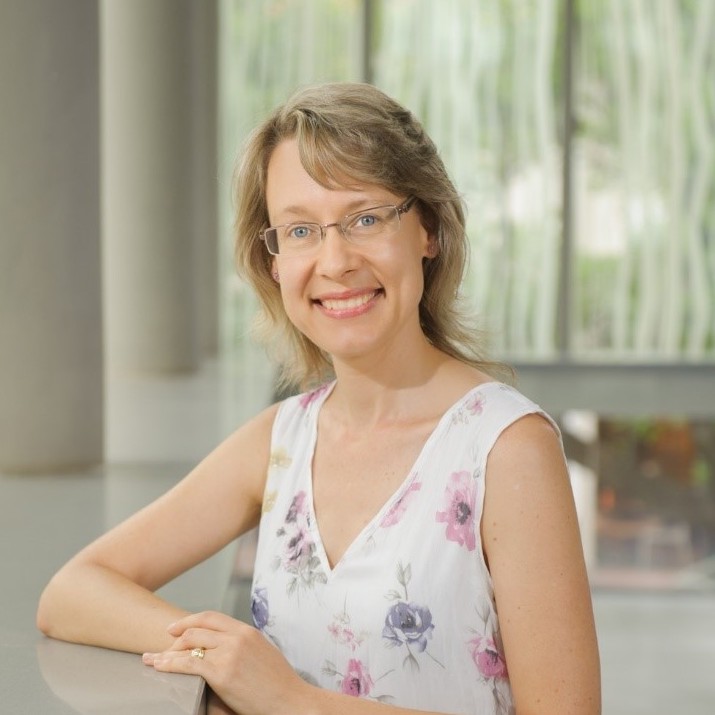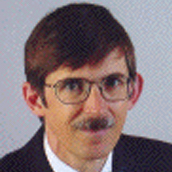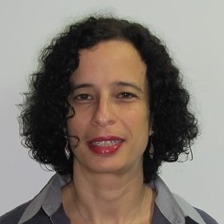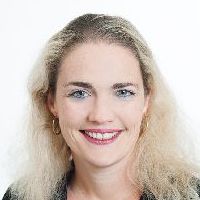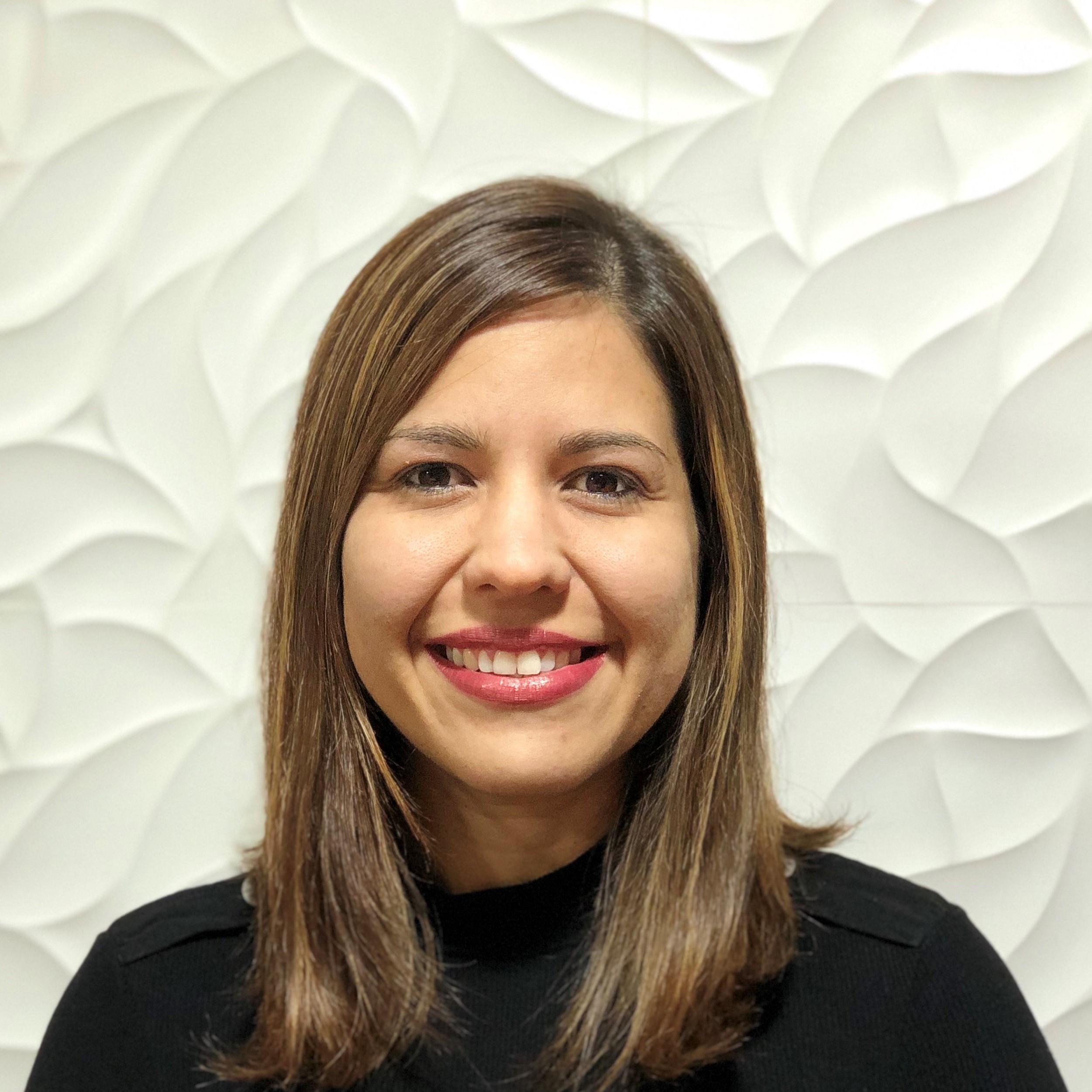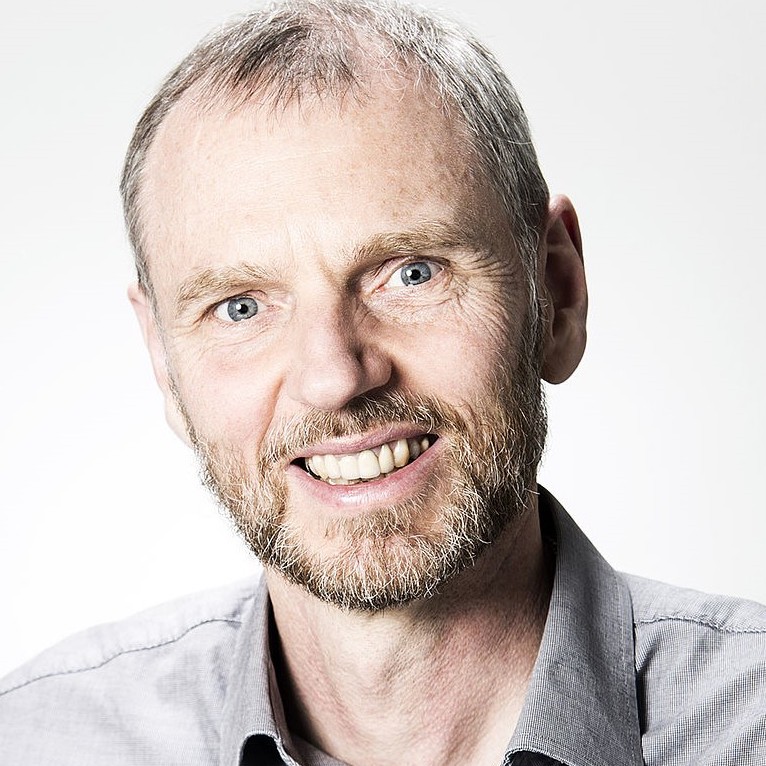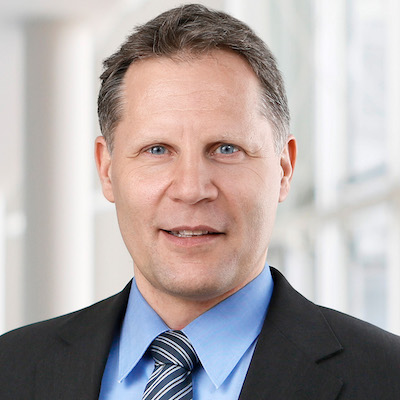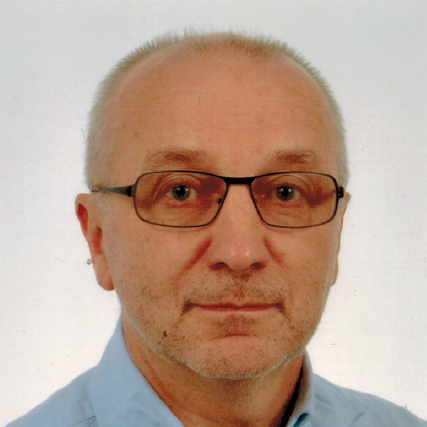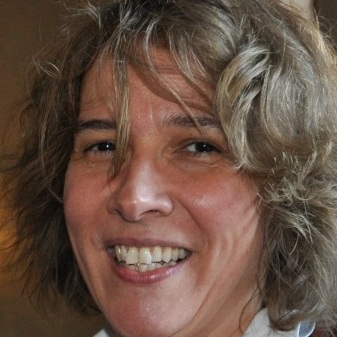Abstracts
Have a look at the abstracts of last editions lectures and explore the profiles of the presenters!
Process mining is used to discover enterprise-level process models from system logs. Process mining practices are mainly activity-oriented and they seldom consider the (often conflicting) goals of stakeholders. Involving goal-related factors, as often done in early requirements engineering phases, can improve the rationality and interpretability of mined models and lead to better opportunities to satisfy stakeholders, especially during digital transformation. In this course, I will first highlight recent challenges related to process mining and the importance of considering goals. I will then introduce a new Goal-oriented Process Enhancement and Discovery (GoPED) method, which aligns discovered models with stakeholders’ goals. GoPED first adds goal-related attributes to traditional event characteristics (case identifier, activities, and timestamps), selects a subset of cases with respect to a goal-related criterion, and finally discovers a process model from that subset. The method defines three types of criteria, supported by different algorithms, that suggest desired satisfaction levels from a (i) case perspective, (ii) goal perspective, and (iii) enterprise perspective. The resulting process models are simpler to understand and reproduce the desired level of satisfaction. Example from healthcare organizations will be used to illustrate the benefits of GoPED.
Lecture at NEMO2020
Date/Time: Tuesday, July 07, 2020 at 09:00 UTC+2/CEST
Despite their recent introduction and consolidation in the industrial practice, Product Service System business models are subjected to a further revision in order to fully exploit the opportunities and challenges provided by the Industry 4.0 technological paradigm. Companies need to identify and define new business models integrating PSS with digital technologies and, as a result, revise their decision-making processes. The design and development of a Product–Service System (PSS) raises new issues since the service component introduces further requirements than traditional product engineering. Compared to traditional and smart products, services are generally under-designed and inefficiently developed. Approaches such as New Service Development, Service Design and Service Engineering have emerged during the last decades to support the design and development of service either as a system itself or as a constituting element of a PSS. In particular, Service Engineering investigates service design and development with a systematic perspective and with a seamless integration of product and service contents. Purpose of the lecture is to provide a holistic conceptualisation and an up-to-date analysis of the current state of the art on the evolution of the concept of Product Service system and Service Engineering models with a specific focus on their adoption in the PSS context. A critical analysis is also performed with the aim to define a research agenda and the most prominent key actions that could give directions for future research.
Lecture at NEMO2020
Date/Time: Wednesday, July 08, 2020 at 15:00 UTC+2/CEST
The age of digitalization requires rapid design and re-design of enterprises. Since enterprise designs can be conceptualized via multiple modelling languages, there is a need to enable transformation between different modelling languages in a rapid and unambiguous way. The design and engineering methodology for organizations (DEMO) provides models that represent the organization domain of an enterprise. DEMO offers a unique design perspective, since its four aspect models have the ability to represent organization design domain knowledge in a concise and consistent way, removing technological realization and implementation details. One of the DEMO’s aspect models, the construction model, incorporates an organization construction diagram (OCD) that provides a concise representation of enterprise operation. Managers value the OCD, since it becomes a blueprint of enterprise operation that enables discussions on enterprise (re-)design and strategic alignment. Business process modelling and notation (BPMN) models are used for a different purpose, namely to model the concrete processes that should be implemented at the enterprise. Due to their descriptive abilities, BPMN models are widely adopted. This presentation provides a conceptual mapping between DEMO’s OCD and a BPMN collaboration diagram. In addition, a new ADOxx-based DEMO tool is demonstrated, showcasing its ability to facilitate model transformations.
Lecture at NEMO2020
Date/Time: Wednesday, July 08, 2020 at 11:30 UTC+2/CEST
Processes have been successfully introduced for modeling dynamic phenomena in many areas like business, production, health care, etc. Many of these applications require to adequately deal with temporal aspects. Process models need to express temporal durations, deadlines, and other temporal constraints between events like allowed time between events. Process controllers need to monitor process instances and steer the execution to satisfy all temporal constraints. For design time checking and run-time monitoring of processes with temporal constraints different notions of correctness and algorithms are available for checking correctness and for computing schedules at design time or dynamically at run time. We present an overview of the problems and the techniques for treating time in business processes and discuss some novel approaches.
Lecture at NEMO2020
Date/Time: Wednesday, July 08, 2020 at 10:00 UTC+2/CEST
Distributed ledger technologies have recently gained attention due to their successful application to blockchain and smart contract platforms such as Bitcoin and Ethereum. In this talk we will explore how these technologies can contribute to the domain of enterprise modeling by presenting the concept of Knowledge Blockchains. With this concept, enterprise models can be linked with blockchains for the immutable, decentralized and transparent storage of knowledge assets, the traceability of the origin of knowledge, and the application of so-called zero-knowledge proofs. The talk will provide a brief introduction into the underlying technologies and present extensions for the ADOxx metamodeling platform as a first proof-of-concept. Finally, potential use cases for the approach will be highlighted and an outlook will be given towards future research directions.
Lecture at NEMO2020
Date/Time: Tuesday, July 07, 2020 at 14:00 UTC+2/CEST
While it is undisputed that today’s enterprises depend crucially on IT, many companies still struggle with exploiting the potential of IT to a full extent. On the one hand, that requires adapting IT infrastructures of ever increasing complexity to changing needs of the business, on the other hand, it recommends rethinking organisational structures and business processes to create new opportunities for the efficient use of IT. In the long run, the digital transformation may even require to reinvent the entire business model, which will usually imply a major restructuring of a company and its IT. IT-Business alignment can be mastered only, if a professional perspective on the business is combined with elaborate knowledge of the IT. The field of enterprise modelling is addressing this demand by integrating models of the business, such as goal models or business process models, with models of the IT, such as models of the IT infrastructure, object models etc. In his talk, Ulrich Frank, will give an overview of “Multi-Perspective Enterprise Modelling” (MEMO) to demonstrate how enterprise models support various kinds of business and IT related analyses that support both, IT managers and line managers and that thereby serve as a pivotal instrument to foster IT business alignment. For this purpose, he will give an overview of the domain-specific modelling languages that are part of MEMO, the language architecture and the language specification. The presentation will be supplemented by a tutorial on the use of MEMO4ADO, a tool that facilitates the construction of integrated enterprise models using the MEMO languages.
Lecture at NEMO2020
Date/Time: Thursday, July 09, 2020 at 15:00 UTC+2/CEST
There is a growing body of evidence that certain classes of models (enterprise architecture models, goal models as well as process and service models, for instance) are amenable to automated acquisition from readily available enterprise data. These techniques seek to mine useful “first-cut” models from the available data, which can be subsequently edited and refined by analysts, thereby easing the model acquisition bottleneck (there are other benefits, including the ability to improve model quality, and the use of models as dashboard artefacts). Data-driven methods can also indirectly contribute to the development of more resilient models. This tutorial will provide a timely exposition to these techniques whose importance is likely to grow significantly in the near future.
Lecture at NEMO2020
Date/Time: Thursday, July 09, 2020 at 09:00 UTC+2/CEST
Requirements Engineering (RE) has been applied with remarkable success for specifying the requirements for systems or products. However, as RE has traditionally been performed as a heavy-weight, upfront process for creating a comprehensive specification, it has been criticized or even declared obsolete in recent years, particularly by the proponents of agile development. In this talk, I will shed light on the role of requirements in today’s digital world, discuss how this relates to enterprise modeling, and show how modern RE can contribute to shaping, evolving and sustaining digital systems and products.
Lecture at NEMO2020
Date/Time: Tuesday, July 07, 2020 at 10:00 UTC+2/CEST
The presentation will provide an overview of our ongoing research related to Data Governance aiming to develop an Enterprise Architecture Development Method for Smart Cities. It will present in overview some aspects of the Smart City Lighthouse project +CityXchange (https://cityxchange.eu/), in which we collaborate with Limerick City and County Council to develop demonstration projects in climate-friendly and sustainable urban environments. The presentation will introduce the area of Digital Services Innovation. As a novel paradigm it follows the Service-Dominant Logic to enable architecting service ecosystems based on a Design Science approach.
Lecture at NEMO2020
Date/Time: Tuesday, July 14, 2020 at 14:00 UTC+2/CEST
In times of high market transparency and rapidly changing customer requirements, business process improvement (BPI) is becoming ever more important for companies to reach strategic objectives and stay competitive. However, existing BPI approaches such as Six Sigma or Total Quality Management are increasingly perceived as overly complex and over-dimensioned by employees. Therefore, the lecture proposes “tool-supported situational roadmap development for BPI” as an instrument for arriving at enterprise-adapted and easy-to-use approaches that can be applied straight away. In this way, employees with limited knowledge in the BPI discipline are enabled to design BPI approaches to match their particular needs. This lecture presents a first concept of this solution and a first prototype implemented via the ADOxx platform.
Lecture at NEMO2020
Date/Time: Wednesday, July 15, 2020 at 10:00 UTC+2/CEST
Internet‘s evolution into a generic platform and a pervasive environment enables the creation, provision and consumption of digital services. Cloud-based deployment models offer transparent access to services for a worldwide group of users. The models support 24/7 availability, location independence as well as autonomy of resource processing limitations. At the same time, digital services are the basis of new and innovative business models. All of the above is expected to take place in the digital transformation process. Is it really feasible this way?
Lecture at NEMO2020
Date/Time: Monday, July 06, 2020 at 10:00 UTC+2/CEST
The lecture concerns an approach to the application of conceptual modelling known as the Capability Oriented Requirements Engineering (CORE) approach. The conceptual modelling framework applied in CORE employs a set of complimentary and intertwined modelling paradigms based on enterprise capabilities, goals, actors, and information objects. The lecture will define the foundational concepts of CORE as well as the way of working from capturing textual descriptions from stakeholders, progressing to formally defining models of early requirements, based on the CORE meta-model, and in a stepwise refinement define functional and non-functional requirements of desired systems. The theory will be supplemented by examples from a real application of CORE on a Cyber Physical Production System.
Lecture at NEMO2020
Date/Time: Tuesday, July 14, 2020 at 15:00 UTC+2/CEST
In the era of global economy and frequent changes, the information systems development also faces the need for continuous realignment with the business processes and systems. Continuous development, continuous delivery, and continuous engineering have become common notions in contemporary systems development language. In this context, right requirements still are the key of project success; however the methods for their engineering must adhere to challenges and possibilities of enterprise digitalization levels. One of the opportunities that are provided by enterprise modeling tools is the possibility to utilize enterprise models in requirements engineering. FREEDOM framework is one of the means for structured and purposeful usage of As-Is and To-Be enterprise models for requirements engineering in different project types and enterprises.
Lecture at NEMO2020
Date/Time: Wednesday, July 15, 2020 at 14:00 UTC+2/CEST
For today’s organizations, the sustainability seems almost impossible without organizational learning: a shared memory which is the place of representations and reasoning. Three assumptions accompanied my reflection regarding the purposes of modeling: (i) Representations are useful to understand and be confident to share the same understanding; it is also a prerequisite to be able to reason about a complex reality through models; (ii) To capitalize those representations requires the ability to ensure their accessibility (sharing) and accuracy; (iii) The flexibility of those representations facilitates their evolution ; Reasoning about variants supports and guides the change of the enterprise in all its dimensions. We observed deep and multi-form transformations in the socioeconomic environments during the three last decades. Researches in information systems have to produce formalisms and methodological approaches to satisfy challenging requirements. 1- The efficiency of an organization depends on the efficiency of its work groups: The understanding of cooperation requirements in all its dimensions (communication, coordination, collaboration), as well as of the ways the software systems should support it, is a worthwhile subject for information systems related researches. 2- Organizational change is permanent and it is essential to build flexible structures that can adapt most readily to changes: Need for formalisms with the ability to represent (i) business processes and their links with software components and (ii) the variable and/or evolutive nature (thus sometimes highly decisional) of these processes. 3- A new role is assigned to information systems: support (service provider) to the enterprise strategy; this requires understanding the socio-technical system in its entirety and complexity. Need for formalisms and approaches with the ability to represent (i) the different elements of an organization and (ii) the links between these elements belonging to different dimensions or perspectives (including the perspective of change), to check the coherence of those links, and to guide in a systematic way the construction of those enterprise models and the underlying rationality. 4- Decisions regarding the development of those systems are among the most important to be taken by the enterprise leaders in terms of investments: Need for formalisms with the ability to represent (i) business processes and their links with software components and (ii) the variable and/or evolutive (thus more and more often highly decisional) nature of these processes.
Lecture at NEMO2020
Date/Time: Tuesday, July 14, 2020 at 16:30 UTC+2/CEST
Domain models are representations of areas of knowledge that use common concepts for describing phenomena, requirements, problems, capabilities, and solutions. Domain modeling is time consuming and error prone. Variability analysis plays an important role in creating comprehensive domain models automatically or semi-automatically. In this lecture we will review the challenges in automating domain modeling and discuss how variability analysis can contribute. Specifically, we will concentrate on an ontological and semantic approach which examines software behaviors and use them to analyze the variability, as well as commonality, of the domain of discourse. A tool named SOVA – Semantic and Ontological Variability Analysis – will be presented. The tool utilizes software requirements, test cases, and code to conduct the required analyses.
Lecture at NEMO2020
Date/Time: Thursday, July 16, 2020 at 14:00 UTC+2/CEST
Compliance management is a pressing challenge for almost any enterprise. With the constant advent of new regulations such as the GDPR, enterprises are continuously forced to derive, implement, monitor, check, and adapt compliance constraints on top of their business processes. This lecture will explain concepts along the compliance life cycle, including design time compliance and compliance monitoring. Also the role of imperative and declarative process modeling with respect to compliance as well as the distinction between compliance checking and other approaches such as conformance checking will be discussed. Moreover, approaches for extracting constraints from regulatory documents will be presented. Finally, an outlook on compliance checking in distributed processes will be provided. The lecture will illustrate the concepts and approaches based on practical examples from finance, GDPR, and smart manufacturing.
Lecture at NEMO2020
Date/Time: Wednesday, July 08, 2020 at 09:00 UTC+2/CEST
Software systems are omnipresent in digital transformation process. Speeding up the time-to-market while ensuring high-quality software products are of crucial value to ensure successful digital transformation. In this lecture, we study one of the main challenges of digital transformation: speeding up the time-to-market of high-quality software products. We discuss the value of involving virtual reality systems for requirements engineering, for example, digitalising the collaboration of local and remote participants during requirements elicitation sessions by making use of double robots and collaborative tools. Furthermore, we evaluate techniques to involve computational mechanisms for the automatic generation of software design while requirements are discussed. When software development undergoes a process of digital transformation where requirements are generated “on the fly” and virtual reality systems are in place, it is important to investigate possible new roles that software analysts are required to adopt.
Lecture at NEMO2020
Date/Time: Thursday, July 09, 2020 at 11:30 UTC+2/CEST
We examine the current state and problems of modelling for software and for cyberphysical systems and discuss a number of approaches to tackle those. In particular, we discuss how to make use of models in large development projects, where a set of heterogeneous models of different languages needs is developed and needs to fit together, e.g. describing high-level structures of the organisation, business processes, data structures, physical components, their operation and so on. A model based development process (both with UML/SysML as well as a domain specific modelling language (DSML)) heavily relies on modelling core parts individually and composing those through generators to early and repeatedly cut code and tests from these models. We discuss in detail compositionality on models and heterogeneous modelling languages and how it supports agile evolution of such infrastructures.
Lecture at NEMO2020
Date/Time: Wednesday, July 15, 2020 at 15:00 UTC+2/CEST
In many industrial sectors and service domains, enterprises change or extend their business models based on digital technologies. Examples are smart connected products allowing for monitoring and control of physical devices, services with customer journeys digitalized end-to-end, or platforms offering data-driven services as complement to product-service bundles. The resulting digital transformation of enterprises causes substantial changes in the operational processes and organizational structures, and in the way of working with partners, suppliers and customers. Enterprise modeling offers different techniques to support digital transformation. The lecture will examine the use of modeling in digital transformation projects from a practice perspective based on selected real-world cases.
Lecture at NEMO2020
Date/Time: Wednesday, July 08, 2020 at 14:00 UTC+2/CEST
In this lecture, we delve into the modeling language ArchiMate, an Open Group Standard, and explore its language architecture and concepts, and apply them to modeling enterprise and business architectures. Starting from the challenges enterprises face during digital transformation, we seek to find out how modeling with ArchiMate supports and facilitates digitalization initiatives, and how managers, line staff, and modelers benefit from using ArchiMate models to better understand the opportunities and challenges of a digital business.
Lecture at NEMO2020
Date/Time: Monday, July 13, 2020 at 14:00 UTC+2/CEST
The course presents essential elements for development of data-intensive websites. It is based on a language for front-end specification of web information systems, called storyboarding. It covers syntactics, semantics and pragmatics of WIS, introduces sophisticated concepts for conceptual modelling, provides integrated foundations for all these concepts and integrates all these concept into the co-design method for systematic WIS development. Website specification is also supported as an ADOxx add-on. This language has been applied in three-score website projects for large e-business, infotainment, community, e-government, edutainment (often called e-learning), and identity websites. The course describes the research of the Cottbus and Kiel teams over more than two decades on an end-to-end methodology for the design and development of WIS.
Lecture at NEMO2020
Date/Time: Thursday, July 09, 2020 at 10:00 UTC+2/CEST
A significant objective of today’s enterprise Information Systems (IS) is to be congruent with the business environments which they are meant to support. A major concern is how Information Systems can successfully adapt to support frequent variations in business conditions originating, for instance, from changes in customers’ demand, environmental aspects, regulations, and many others. The need for enterprises to operate in changing environments has been addressed by proposing a capability-oriented approach that integrates organizational development with IS development taking into account changes in the application context of the solution. It requires a number of organizational concepts to be modelled, such as business goals, processes, services, resources, performance indicators, as well as the data for describing business environmental contexts for organization’s capabilities. In the lecture, I intend to outline the capability-oriented approach for supporting sustainable organisations, as well as to present the experiences of designing and capability-oriented solutions for data-driven business cases.
Lecture at NEMO2020
Date/Time: Tuesday, July 14, 2020 at 09:00 UTC+2/CEST

